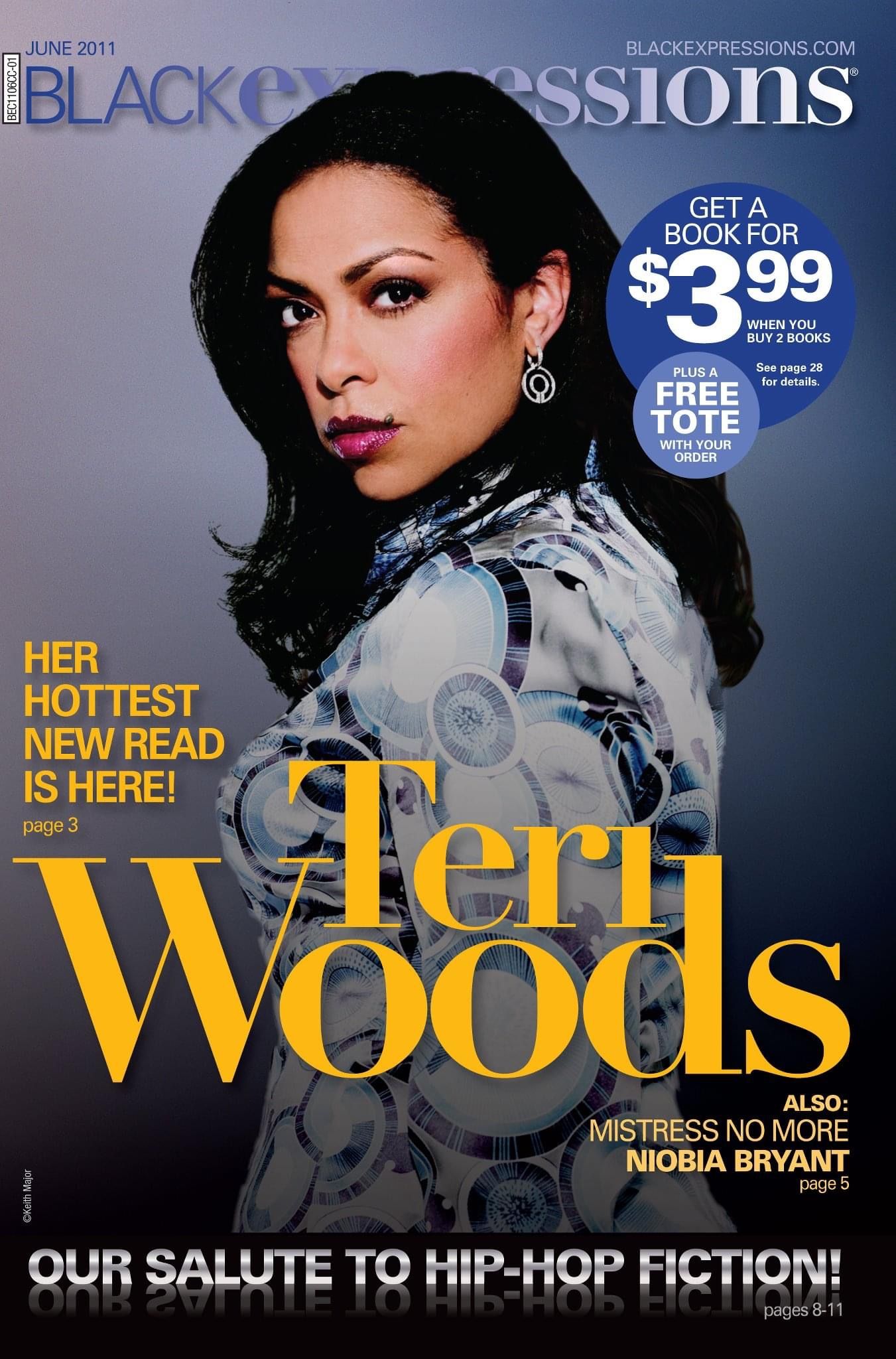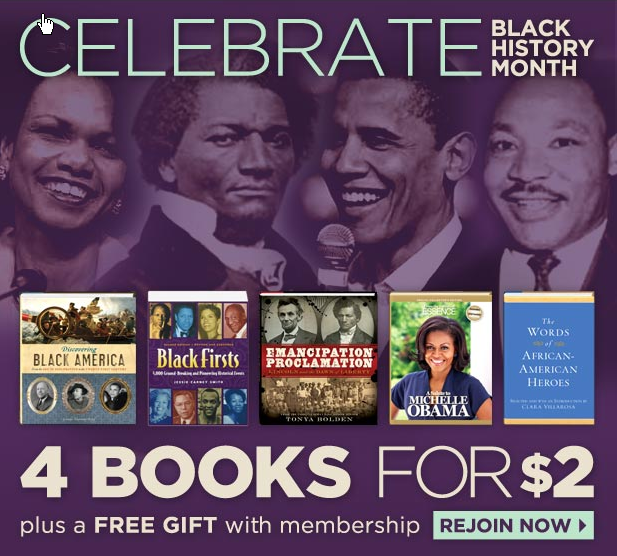Even though hunting down all the Black books I could find became an obsession at one point, finding these books presented a challenge for me. The authors I was looking for weren’t always in my local grocery aisles. If I were lucky, I might see some at the library. Even if there were some good finds at the library, it wasn’t consistent. At this time, bookstores had a small section for Black authors. If I were lucky, there would be an entire aisle of Black authors to chose from. However, most times it would just be a standalone display with maybe half a dozen books on display. I would make a beeline to the back of the bookstores or to the corners hoping to see the “African American” sign. Looking back now, I was decolonizing my bookshelves before they had a name. When I discovered local Black bookstores, my options opened up, but my heart was always broken because the Black-owned bookstores I had access to at the time were closing. At the time, the local Black bookstores featured a lot of nonfiction and books that were popular in the mainstream. It was better than the libraries and the mainstream bookstores as far as selections were concerned. Even though some of the Black bookstores I visited weren’t big stores or didn’t have wall-to-wall books, it was the experience that made me go back for more literary treasures. Of course, there were times when I was sad. Thinking about all the hours I spent in a bookstore hoping to find some Black literature was frustrating. But all of that changed for me when I discovered the Black Expression Book Club. I had the same joy for Black Expressions Book Club as I had for those music club memberships that came with ten CDs or cassette tapes for 99¢. I thought I had won the lottery, and in a lot of ways, I did. One day I received a catalog in the mail. I don’t know how they got my address or what I signed up for to get on the list, but it was the day that changed my life. It was sort of a zine catalog with approximately ten pages. Each page had a description of a book by a Black author as well as the book cover. I recall being so excited. The benefits of the book club were also perfect. They offered discounted books on upcoming books and they offered free books. You could also choose to select a title. If you didn’t select a title they would send you the editors’ favorites. To me, it was a win-win situation. I was getting everything I wanted without having to endlessly search in a library or bookstore. The Black Expressions Book Club helped me build my perfect library. I was able to discover Octavia E. Butler, Mary B. Morrison, Walter Mosley, E. Lynn Harris, and other Black authors who write both fiction and nonfiction. Being able to have access to Black authors who also wrote mystery, sci-fi, and thrillers expanded my imagination. I no longer had to trick my brain into making characters Black. Black Expressions Book Club helped me cement the concept of centering Blackness by default in my escapism. Black Expressions Book Club closed its doors for good around late 2013. Their Facebook page shows that their last post was in 2014. Even though the page hasn’t been active in almost a decade, it still maintains a following of more than a quarter-million Facebook users. Even in the era of BookTube, Bookstagram, BookTok, and book subscription boxes, there’s still space for Black Expressions if they chose to return. They could relaunch today and still be popular. I for one am forever thankful for Black Expressions. My mail-in book club was living in the future and I will forever cherish how it radicalized my imagination and dared me to take up space, unapologetically. It would be very remiss of me to not highlight the first Black book subscription box/bookclub that paved the way for Black authors and Black readers alike.

